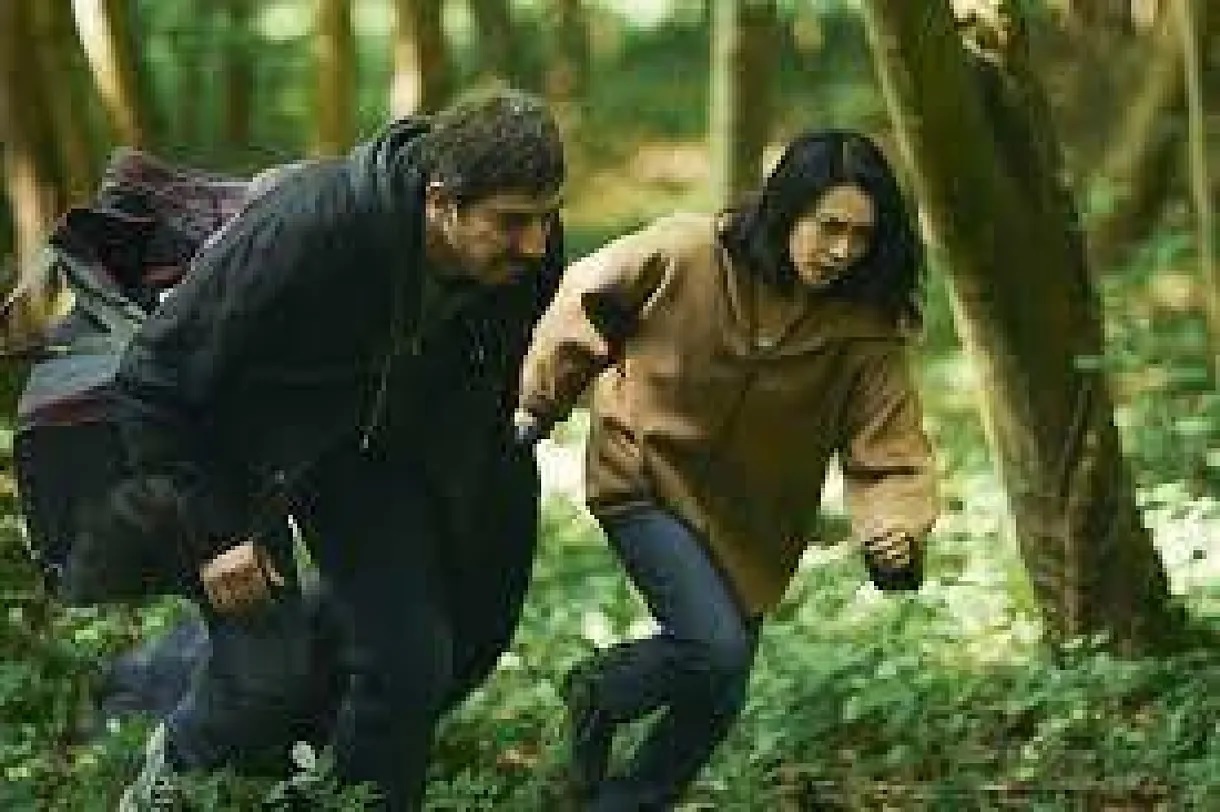There is always something disturbing in that strange and never fully explained exercise of the remake. The most common excuse is updating. A work from the past is copied to adapt it to the codes of the present. Where there were once letters written with a goose feather, now there are mobile phones with WhatsApp. But, in reality, as an excuse, it is weak. The sense and grace of eternal texts lies not so much in reading as in rereading. And, therefore, the only meaningful remake is the one attempted by Borges' character Pierre Menard in Don Quixote, which, basically, and without going into details, consisted of rewriting it from his most intimate need point by point without altering a single comma of Cervantes' original. And thus, achieving its most precise and irrefutable update. Everything new is, by necessity, old for the same reason that the present is nothing more than the past.
In 1988, the very prolific Japanese director Kiyoshi Kurosawa directed Serpent's Path, which was nothing more than a very murky revenge thriller with all the codes of B movies in perfect condition. A man tormented by the cruel kidnapping and murder of his 8-year-old daughter will dedicate the rest of his existence to seeking the perpetrators of a dark child trafficking scheme. To achieve his goal, he will have the collaboration of an enigmatic math professor who, without much precision, is there. He could perfectly not be there, but he is. And watch out, there's a surprise at the end.
Amid more or less indecipherable implications and a bold, unabashed look at violence, that film managed to seep into the viewer's retina like the serpent mentioned in the title. Mysterious, hissing, silent, and whispered. Well, now the same. Kurosawa, thanks to French production and money, gives the lead role to actor Damien Bonnard (who was not born in the Far East, but in southern France), and, by his side, instead of a mathematician, he places a doctor (Kou Shibasaki). Now we are in Paris, not Tokyo, and the subtitles translate from French, not Japanese. And with the relevant changes made, everything remains the same.
The director's effort is reminiscent of Michael Haneke's when he decided to repeat (in his case, it was a repetition) Funny Games shot by shot with a couple of changes: the crucial reproductive device that was first a VCR with videotape and then a DVD player; and the language that was originally German and later English. Otherwise, what unfolded in Austria would happen in the United States. But essentially, and accidentally, everything was the same with ostentation. Haneke wanted to make it clear from the beginning that he was both Pierre Menard and Cervantes himself. Kurosawa doesn't want that much. It is understood that B movies do not require such pretensions or such a signature. He simply, more than shooting anything, lets things roll. The result, however, is identical and exactly as unsettling, murky, and successful as the original. As someone would say, the best remake is the one that doesn't exist.
